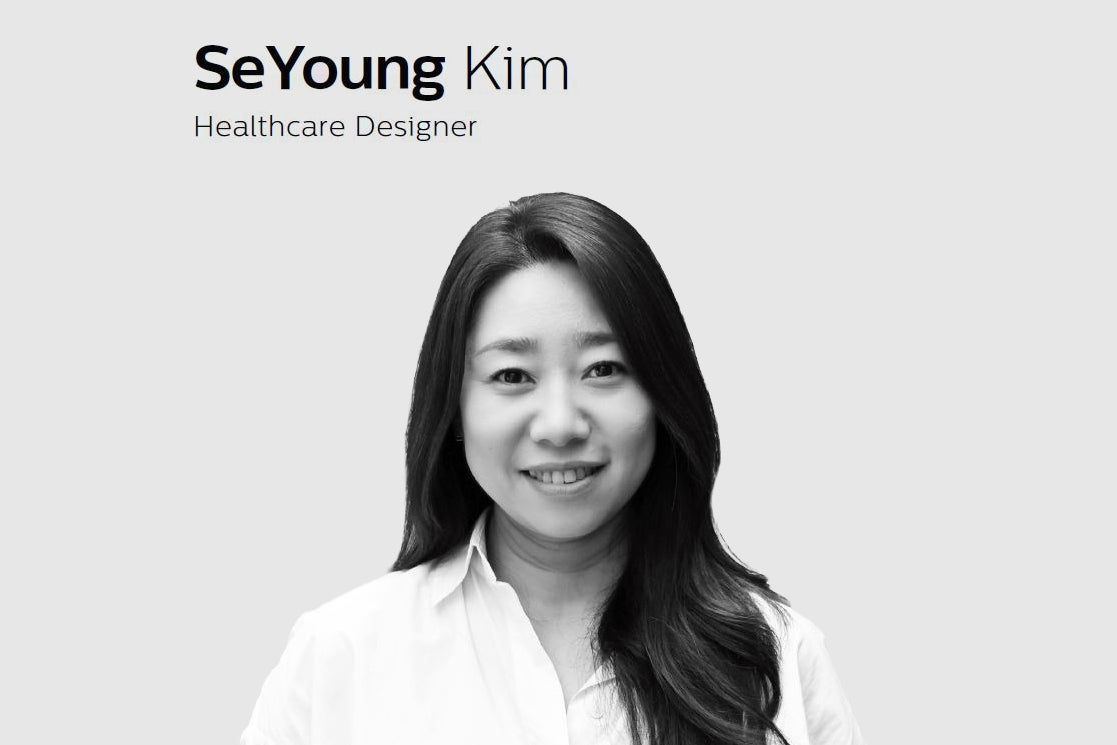Theory and Method AY24/25
Semester 1
Design Research Methods
4 units (ID5352)
To solve wicked problems of the contemporary societies, designers need to make sense of complexities of the situation they are designing for, through immersive explorations into the people, objects, environments, interactions, systems and more. This course will introduce students to a comprehensive range of research methods that they can deploy to develop insights for design and generate new knowledge. Going beyond picking up methods as toolkits, students will learn about essential methodologies and epistemology of various streams of methods to nurture their capabilities to select, modify and create methods informed by project particularities. Key topics include research methods for human-centred design, Research-through-Design and literature and prior art reviews.
Emerging Topics in Design
4 units (ID5951)
As our world becomes increasingly complex, so do the problems designers face. The role of design is shifting, and new mindsets, philosophies, and approaches are crucial to expanding contemporary design practice and responding to the current polycrisis. In this course, students explore emerging topics relevant to design practice, such as Systems Thinking, Value-sensitive Design, Futures Thinking, and Design Justice. Through readings, case studies, group discussions, and hands-on exercises, students will gain insights into each topic and reflect on integrating them into their practice. Active participation is essential for the learning experience and assessment.
Guest Speaker

mischer'traxler studio is a renowned, award-winning design atelier based in Vienna, known for its distinctive work that explores the relationships between humans and nature. Their practice spans object design, interactive art, and installations, blending technology with traditional craftsmanship. With a focus on asking critical questions, their work challenges perceptions and provokes thought.
Katharina and Thomas engaged with our students, offering deep insights into their creative process, concept development, and the ongoing evolution of their practice.
Semester 2
Design Strategies and Leadership
4 units (ID5354)
Contemporary organisations are realising the importance of design strategy as a method toward tactical thinking and design leadership as a competitive differentiator. Combined, it affords the ability to create effective products, services, and communication, focused on user needs and business goals. This course will lay a foundation in which these two areas may be applied in a variety of business contexts, delivered through the lens of Design Thinking and Interdisciplinary Collaboration. Students will learn how to tackle complex business problems through design cognition and methods, and how to strategise and operate design projects in a complex real-world context.
Collaborative Design
4 units (ID5355)
As design is recognised as an innovative approach to dealing with today's complex problems, co-creative practices of design that engage users and various stakeholders are increasingly important. Collaborative design as a principle acknowledges everyone as a creative actor that can contribute to the design process, and co-design as a tool facilitates creative collaboration among various stakeholders from different backgrounds. In this course, students will learn about the values and principles of collaborative design and exercise tools and techniques for successful co-design projects and activities. Students will also learn about new landscapes of design that contribute to service systems, circular economy, socio-organisational transformation, etc.
Guest Speaker

SeYoung
Experience Strategy Officer, LN Robotics, S.Korea
Former Senior Experience Lead, Philips Experience Design, The Netherlands & APAC
Topic: Transforming healthcare through design
Drawing from over a decade of experience as a designer in the healthcare industry, SeYoung will share her journey and insights on how design can drive meaningful transformation in healthcare experience by strategically adopting a human-centric approach — from industrial design to experience design, strategy, and policy.
She is a seasoned design leader with over a decade of experience at the intersection of empathy, strategy, and creativity, bringing deep expertise in healthcare. With extensive knowledge in strategic design, she excels at balancing upstream strategy with executional delivery across tangible and intangible touch points. Her global experience spans Europe, the US, and Asia, where she has collaborated with hospitals, government agencies, startups, and key ecosystem players to shape and transform healthcare experiences.
Dr Bow Yiying WU
Lecturer in Social Design | School of Architecture, Design and Planning | School of Architecture, The University of Sydney
Topic: Collaboration in Service Design: Convivial Tools and Enabling Participation
Drawing on Ivan Illich’s concept of ‘convivial tools’, which emphasises tools that empower individuals rather than control them, this guest lecture presents service design as a convivial tool for fostering participation, autonomy, and community engagement. It reframes service design beyond the business-oriented lens, positioning it as a social practice that prioritises relationships, collaboration, and care over mere transactions. The talk also introduces a new methodological framework, ‘Breaching Through Service’(2024), developed by Wu (the lecturer) and Acharya, which enables designers to disrupt, reshape, and critically engage with service situations and social orders. Altogether, this lecture highlights its role in reconfiguring social interactions and collective agency.

